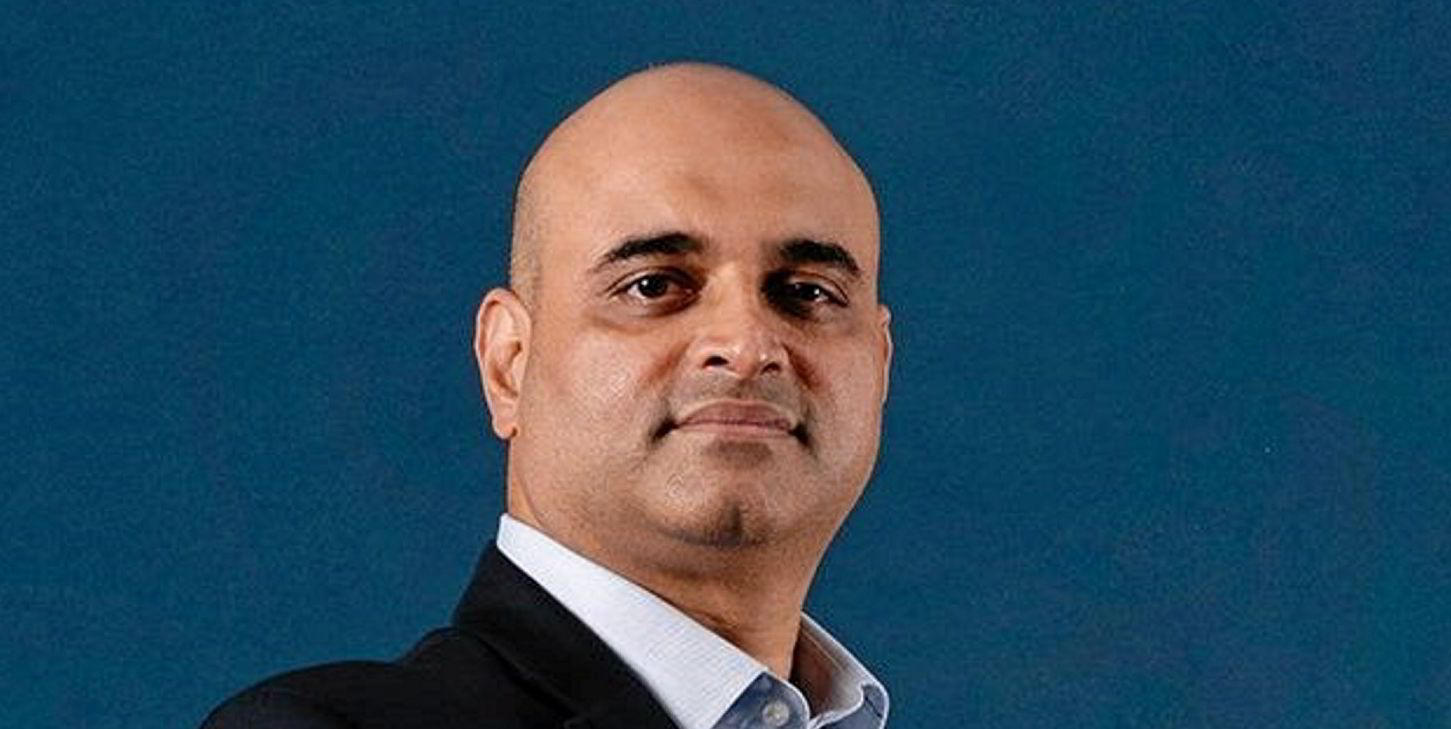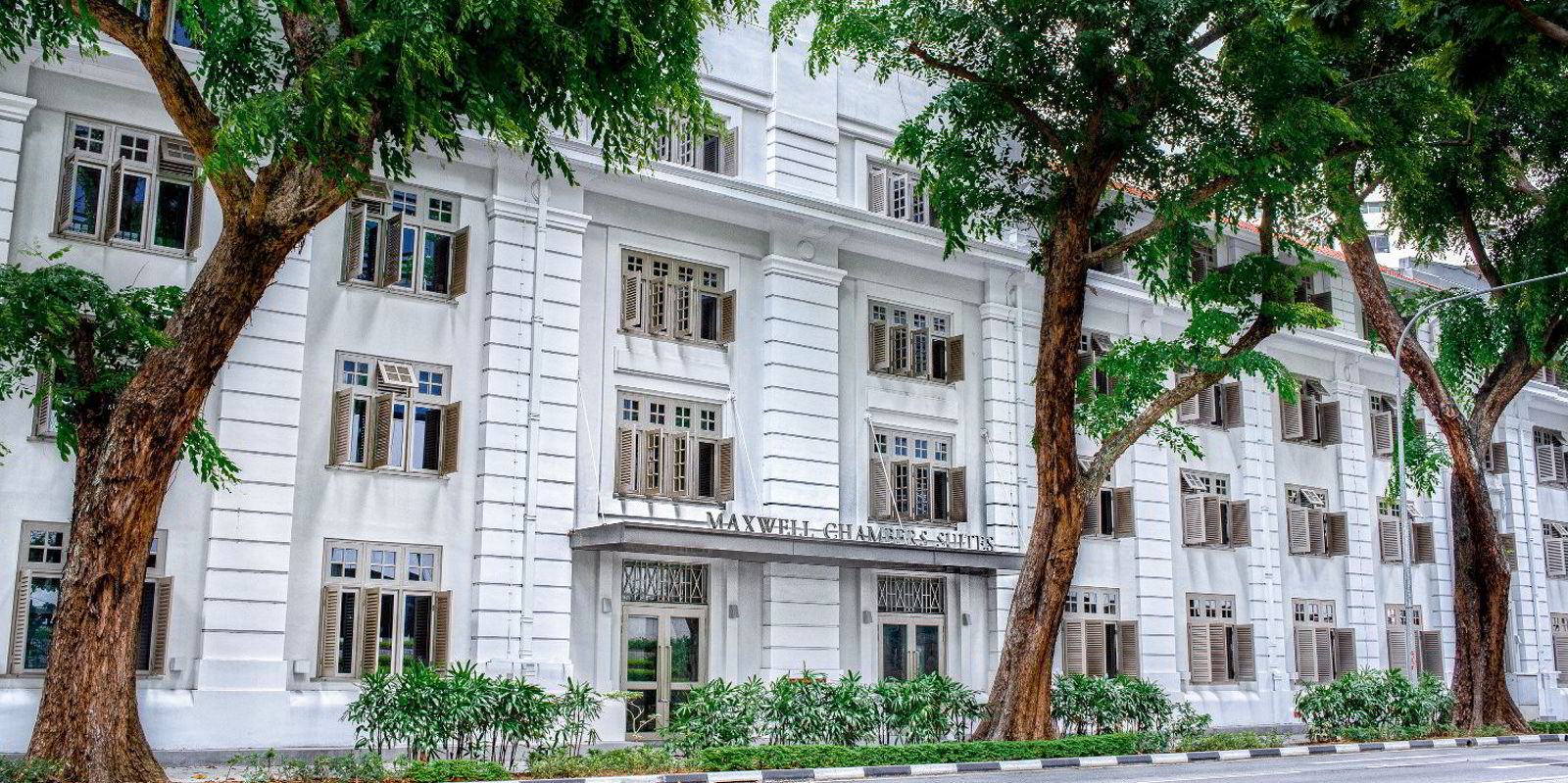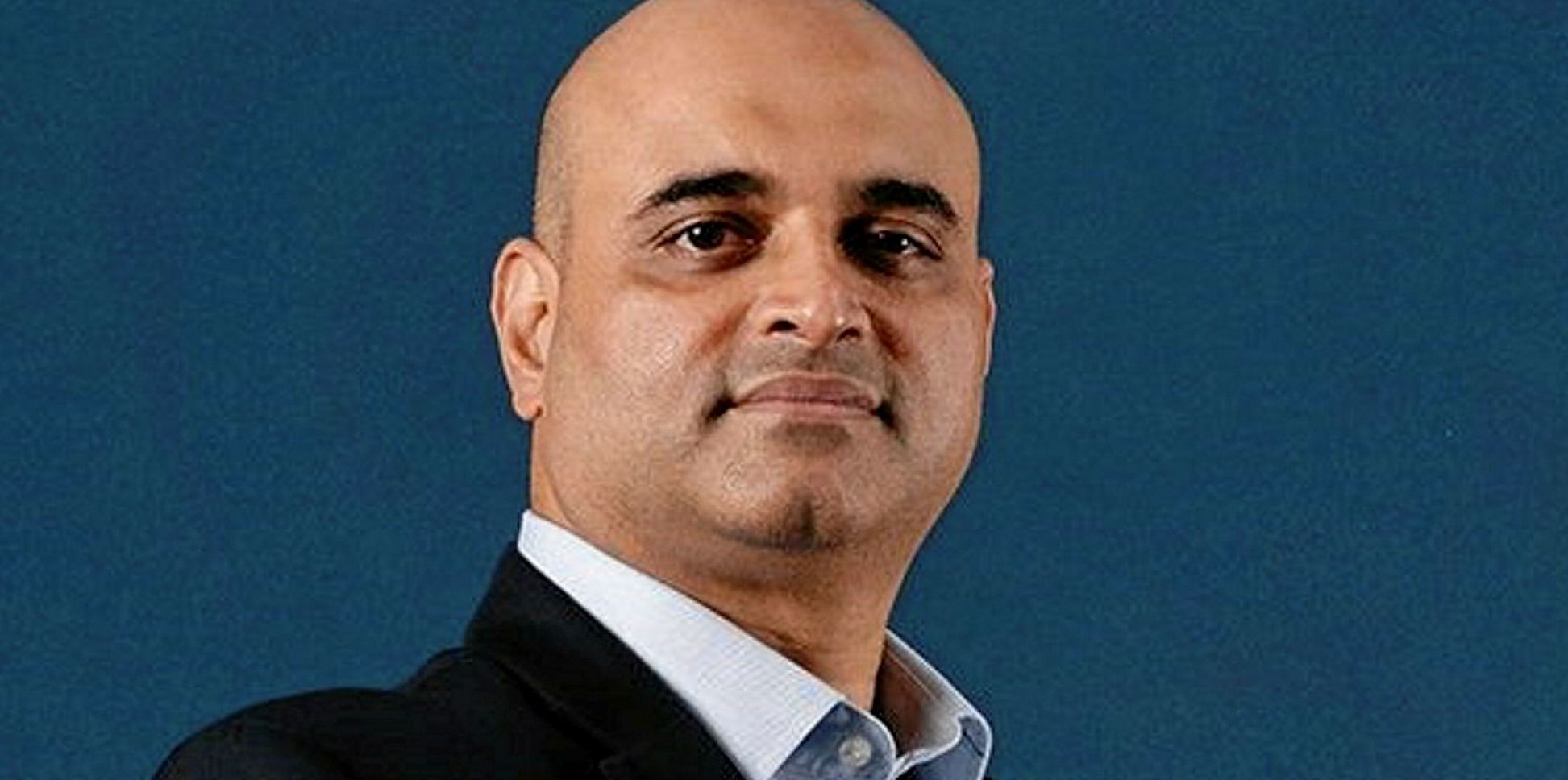The Singapore Chamber of Maritime Arbitration (SCMA) is cutting paper out of the arbitration process in a rules revamp that it says is designed to keep up with the way that business is increasingly conducted by electronic and digital means.
Applying to all arbitrations commencing from 1 January 2022, the SCMA will allow for service of documents via electronic mailing. The new provisions also allow the signing of arbitration awards electronically, while hearings and case management conferences, if held, may be conducted virtually.
SCMA executive director Punit Oza said the key philosophy behind the new rules is to ensure that disputants are provided with all the requisite tools and guidance to ensure a user-friendly, cost-effective, efficient, and as a far as possible, fuss-free approach to resolving disputes through arbitration.
"This 4th edition of the rules was drawn up by the SCMA Procedure Committee acting on industry-wide responses and views obtained through a public consultation in 2020 that invited feedback on possible amendments," Oza said.
"What the committee came up with is basically a do-it-yourself guide to arbitration that is user-friendly to the maximum possible extent."
Other key changes have also been made.
It is now enshrined in the rules that two arbitrators may proceed with the conduct of an arbitration and the third arbitrator may be appointed just before the oral evidentiary hearing, if one is held.
In the case of documents-only arbitrations, two arbitrators may see an arbitration and an award to their conclusion without the appointment of a third arbitrator.
To prevent an abuse of process by late changes of representatives in arbitration, the tribunal is now empowered to withhold approval to such changes where the conduct of proceedings or the enforceability of any award might be prejudiced.
Arbitration proceedings will be deemed closed after a lapse of three months from the date of any final written submissions of final hearing. This provides greater certainty on the length of the arbitral process.
An expedited procedure with a threshold of $300,000 replaces the existing small claims procedure that had a threshold of $150,000. The expedited procedure is meant to be a quick and cost-effective method to resolve a dispute using a sole arbitrator, with the issuance of an award within 21 days providing no oral hearing is required.
SCMA chairman Justice Chao Hick Tin said: "I would like to extend my sincere thanks to members of the SCMA Procedure Committee for their hard work and efforts in updating the SCMA Rules. We hope that users will find the new rules practical and useful."






